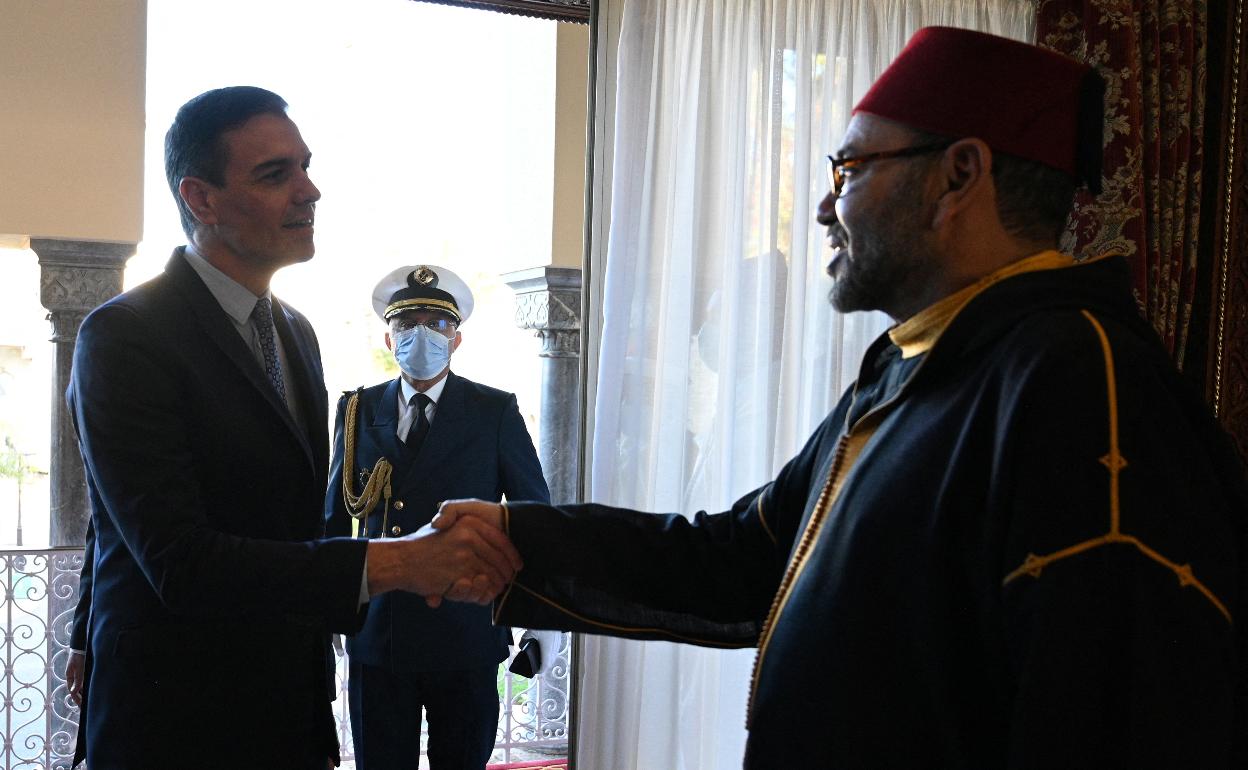Community support
THE EURO ZONE ·
Ironically, Morocco is now to the Western Sahara what France was to the pro-independence movement of the 1950sIn a televised speech last Saturday, Morocco's King Mohammed VI increased pressure on the international community to back his country's dominion over the disputed Western Sahara territory, a Spanish colony until 1975. Speaking on the day that Morocco celebrates its liberation from French rule in the 1950s, he said, "the Sahara issue is the prism through which Morocco views its international environment."
A major faction of the global community is already on Morocco's side. In March this year, Pedro Sánchez reversed decades of Spanish neutrality and announced his support of Moroccan hegemony in Western Sahara. Donald Trump's endorsement of the same "solution" was taken over by Joe Biden and the EU's official line is that it doesn't recognise the Sahrawi Arab Democratic Republic (SADR) - the state proclaimed by the Algeria-backed Polisario Front (PF), Morocco's main adversary - as a legitimate entity.
The Moroccan government was therefore baffled when the PF's leader Brahim Gali attended an EU-Africa summit in Brussels in February this year. Gali (whose Covid-induced stint in a Spanish hospital in April 2021 sparked the latest spat between Morocco and Spain) was denied various official acknowledgements at the conference - but the very fact of his attendance, according to the Morocco World News, demonstrated the EU's "duplicity and doublespeak" over Western Sahara.
There's a certain irony to the timing of Mohammed VI's latest plea for international support. August 20th is the day that Morocco remembers the Revolution of the King and the People, an anti-colonial movement that was pivotal in securing the country's independence from French dominion in the 1950s. On that day in 1953, three years before the Franco-Moroccan Agreement finally awarded the North African country independence, Sultan Mohammed V was forced into exile by French authorities.
Now, Morocco is to the PF what France was to the pro-independence movement of 1950s Morocco. The PF portrays Morocco as an oppressive occupying force and seeks a referendum on independence for Western Sahara, which was in fact promised under the terms of a UN-supervised ceasefire in 1991. A vote on self-determination has yet to happen, despite the on-the-ground presence of a UN mission supposedly dedicated to its realisation. The PF declared the ceasefire null and void at the end of 2020.
With his speech last weekend, Mohammed VI hopes to consolidate an already-emerging consensus - that Gali's SADR is illegitimate and that Western Sahara belongs to Morocco, which intends to grant the region limited autonomy under Moroccan hegemony (although the precise extent of that autonomy remains unclear). In aligning itself with this questionable stance, Spain shows more commitment to realpolitik than to maintaining the spirit and terms of its withdrawal in 1975, and to the decades of neutrality that followed.

